BWW Overview: The People, the Places, the Operas that Spelled Pleasure in 2019
I admit this is an absolutely personal, totally one-sided view of what gave one man opera thrills last year and what I will look back on with delight. Some are old works, some are new, some are individual performers, some are ensembles, some are complete productions, some are merely the highlight of an evening, most are domestic, a few are foreign.
In any case, as the new decade begins, I recall that these are the vocal highlights that made my heart beat a little faster and made me look forward to the year ahead.
Oh Joyce, Oh Rapture!
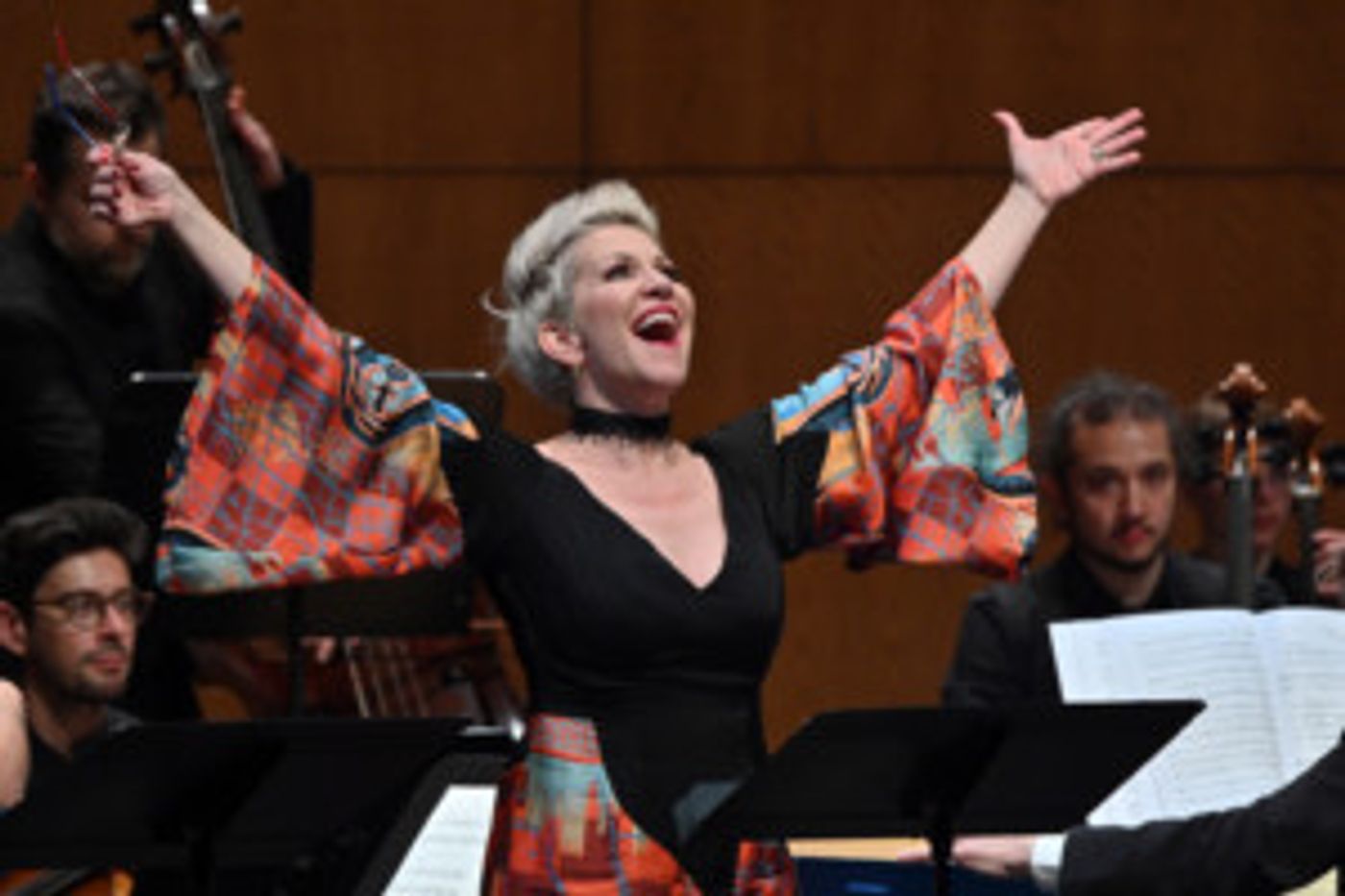
Barcelona's Liceu. Photo: A. Bofill
JDD. The one performer who I thought showed the depth and breadth of her skills as an artist was Joyce DiDonato (JDD to those who adore her). For me, she hit the Trifecta this past spring: First, she was superb as Sesto at the Met in Mozart's CLEMENZA DI TITO, delivering the opera's "hit" aria, "Parto, parto," and more in opulent style--a standout in a stellar cast that included Matthew Polenzani, Elza van den Heever and the rising soprano Ying Fang.
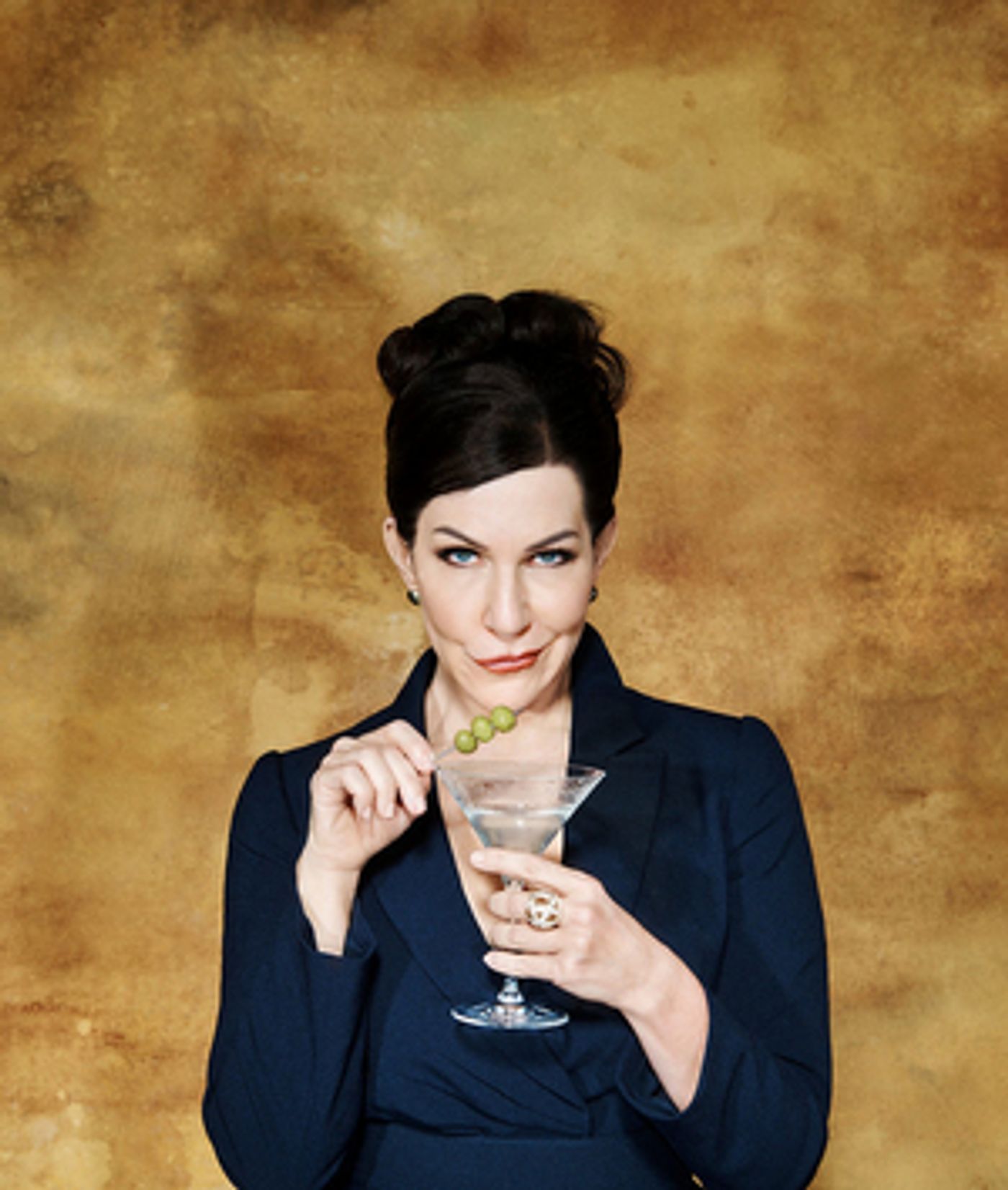
Photo: Paola Kudacki/Met Opera
AGRIPPINA. Then, there was her European tour of Handel's AGRIPPINA in concert, as a warm-up to her fully staged performances in London and, very soon, at the Met. I caught up with it during its stop at the Liceu in Barcelona and she knocked my socks off: Has anyone ever done as much to help define a character by simply adjusting her eyeglasses? I can't think of one.
MASTERCLASSES. But just as much as JDD's operatic excellence, there were her masterclasses at Carnegie Hall, where she helped rising talents begin to find their true selves as performers--something she knows about from her life in the opera world, even though she claims she's no pedagogue and was not there to give lessons.
So what was the method to her madness? She didn't just critique the music being performed, which included works by Mozart, Gluck, Monteverdi and Verdi in the session I attended. She also showed the young artists why their approach to an aria worked or didn't, and also homed in on the kinds of career choices that the singers would have to make to build a life that was both fruitful and fulfilling: Did they really belong on stage? Did they need to beef up their dramatic abilities? Were they performing the right repertoire?
But just as important, she left the audience with a greater understanding of how she herself approaches a role like Sesto, in a way that was truly eye-opening. I myself will never listen to her in quite the same way again.
Trembling Thanks to the Trebs
Since I first heard Anna Netrebko at the Met, her voice began growing at such leaps and bounds that it often outgrew a role before she actually got it on stage. Oh sure, she knows how to put on a show in ELISIR D'AMORE, but her voice was already five times too big for it by the time she brought it to New York, even in a house of the monstrous dimensions of the Met.
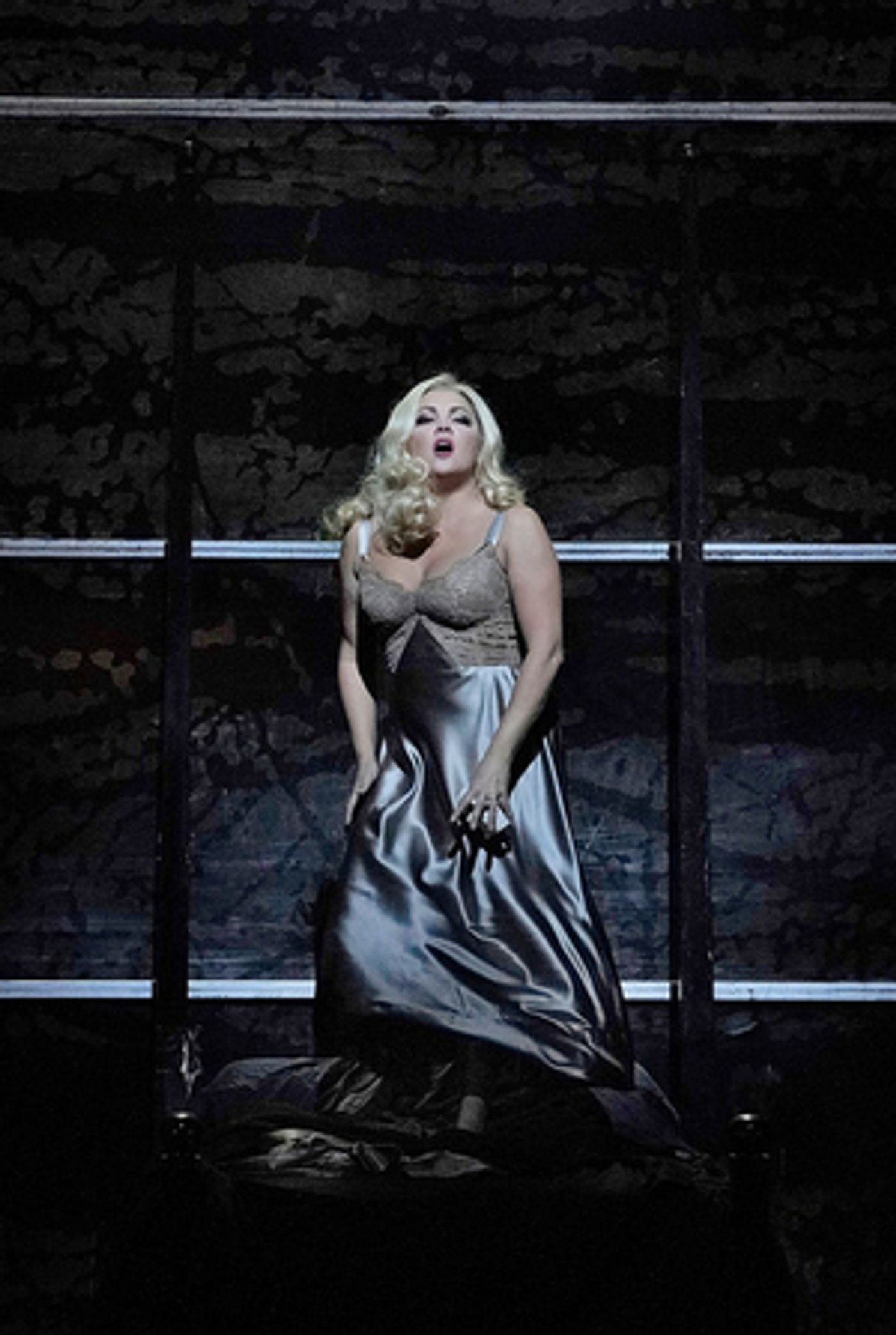
Ken Howard / Met Opera
THE LADY. So it was a thrill when she took on Lady Macbeth and ran rampant with a role that put her "baby" (Macbeth) in a corner. This year's version of the opera, during the first week of the season, she sang the pants (and the spots) off the role and showed how the opera was as much about sex as it was about power--or are they the same?
ADRIANA. She started off last year with ADRIANA LECOUVREUR, a trifle that may have been in her fach but was more like a day at the beach than an evening filled with the frissons galore that we long for. I spent a short time speaking with her at the Opera Guild's Gala Lunch that honored her and when she mentioned that Strauss's SALOME was on the horizon, well, that sent my head spinning.
Retirement? Ha! Says Fleming
Though much has been said about her (current, at least) departure from the main stage at the Met, Renee Fleming has hardly become a full-time knitter. Lately, she has been doing the Craig Lucas-Adam Guettel LIGHT IN THE PIAZZA, after a turn at New York's new Shed center in the more than bizarre NORMA JEANE BAKER OF TROY and a stint on Broadway as Nettie in CAROUSEL. But her opera chops have not exactly been put on the shelf.
One of my favorite concerts of the year, back in March, was Fleming's turn with the last scene of Richard Strauss's CAPRICCIO, in Boston and New York, with the Boston Symphony under Andris Nelsons. She had no problem, thank you, soaring over the pumped-up ensemble without losing any of her purity of tone or her immediacy with the audience, which clearly adored her. She seemed very much in tune with the inner conflicts of her character about which of her loves she preferred (though it remains unspoken, if not unclear, in the opera) and presented her dilemma as if it were a lieder concert.
Give Me the Festival Life
New York always sees itself as the center of the world, but when it comes to new opera/theatre, it's often an also-ran...except when the PROTOTYPE FESTIVAL is in town. (This year's version has just started, with venues from Midtown Manhattan to Brooklyn.)
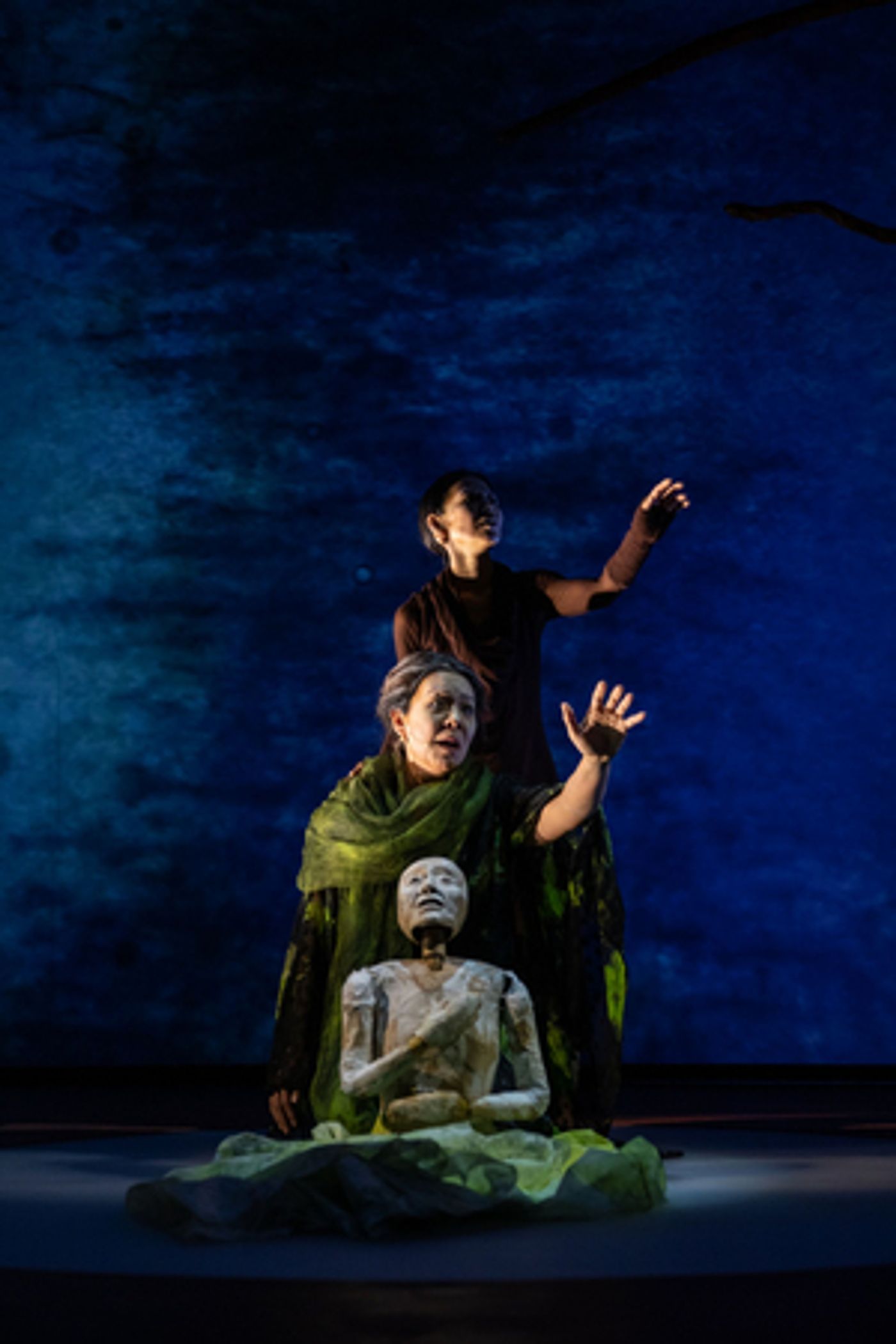
Photo: Maria Baranova
PROTOTYPE. I'm looking forward BLOOD MOON, ELLEN WEST and REV. 23 on this year's slate, but I still have vivid memories of a year ago, when THE INFINITE HOTEL (Michael Joseph McQuilken), 4.48 PSYCHOSIS (Phillip Venables and Ted Huffman) and PRISM (Ellen Reid and Roxie Perkins) were among the works on the bill. PRISM won this year's Pulitzer for music. It's about the effects of sexual and emotional abuse and the prize committee called a "bold new operatic work that uses sophisticated vocal writing and striking instrumental timbres to confront difficult subject matter."
OPERAPHILADELPHIA. OperaPhiladelphia's Festival 019 wasn't totally about new music, but always left us thinking about where the form is going as well as where it's been. It took chances, even with the older things on the menu--Prokofiev's LOVE FOR THREE ORANGES was a pip--but the newer works DENIS & KATYA, by Venables and Huffman, in particular, and LET ME DIE, by the sometimes bizarre Joseph Keckler (and definitely a work in progress), were unusual new entries in the repertoire.

Hoffman. Photo: Dominic M. Mercier
DENIS covered the real-life aftermath of Denis Muravyov and Katya Vlasova, Russian teenage lovers who ran away together and streamed themselves playing with a gun while their house was surrounded by police.
GLIMMERGLASS. Another festival outside the bounds of New York City is the summertime Glimmerglass Festival, in Cooperstown, NY, a place largely associated with the Baseball Hall of Fame. That certainly wasn't the case for Supreme Court Justice Ruth Bader Ginsberg, who arrived surrounded by the Secret Service and had her own piece on the opera program, where she gave her own choices that tied opera and criminal justice.
The highlight of my visit to Glimmerglass was the new Jeanine Tesori-Tazewell Thompson opera BLUE, which was as up to date as today's local news-with its story of a young black man's death at the hands of police, even though his father was a policeman himself. The festival also gave us a chance to reevaluate the John Corigliano-William Hoffman GHOSTS OF VERSAILLES from 1991, though I must admit it didn't change my opinion about it much.
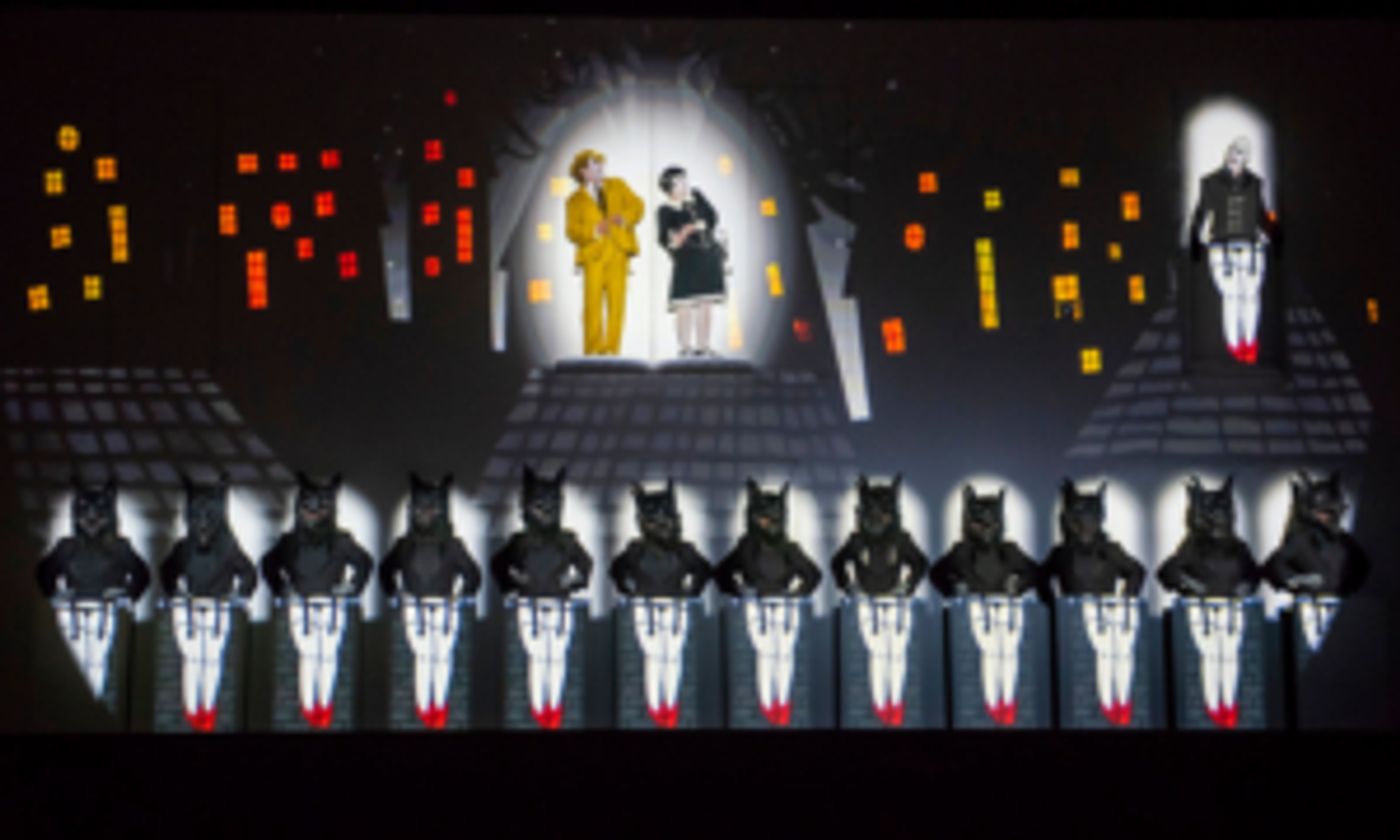
Stephanie Berger/Lincoln Center
MOSTLY MOZART. The Mostly Mozart Festival may not have had any new operas on its agenda, but it did give us a chance to see a surprising take on THE MAGIC FLUTE, thanks to the use of animation and a (live) game cast under Maestro Louis Langree. One couldn't find a production (originally from the Komische Oper Berlin) that is more fresh and funny, even on second viewing. (I saw it first at OperaPhiladelphia's 018 Festival.)
Until We ME(e)T Again
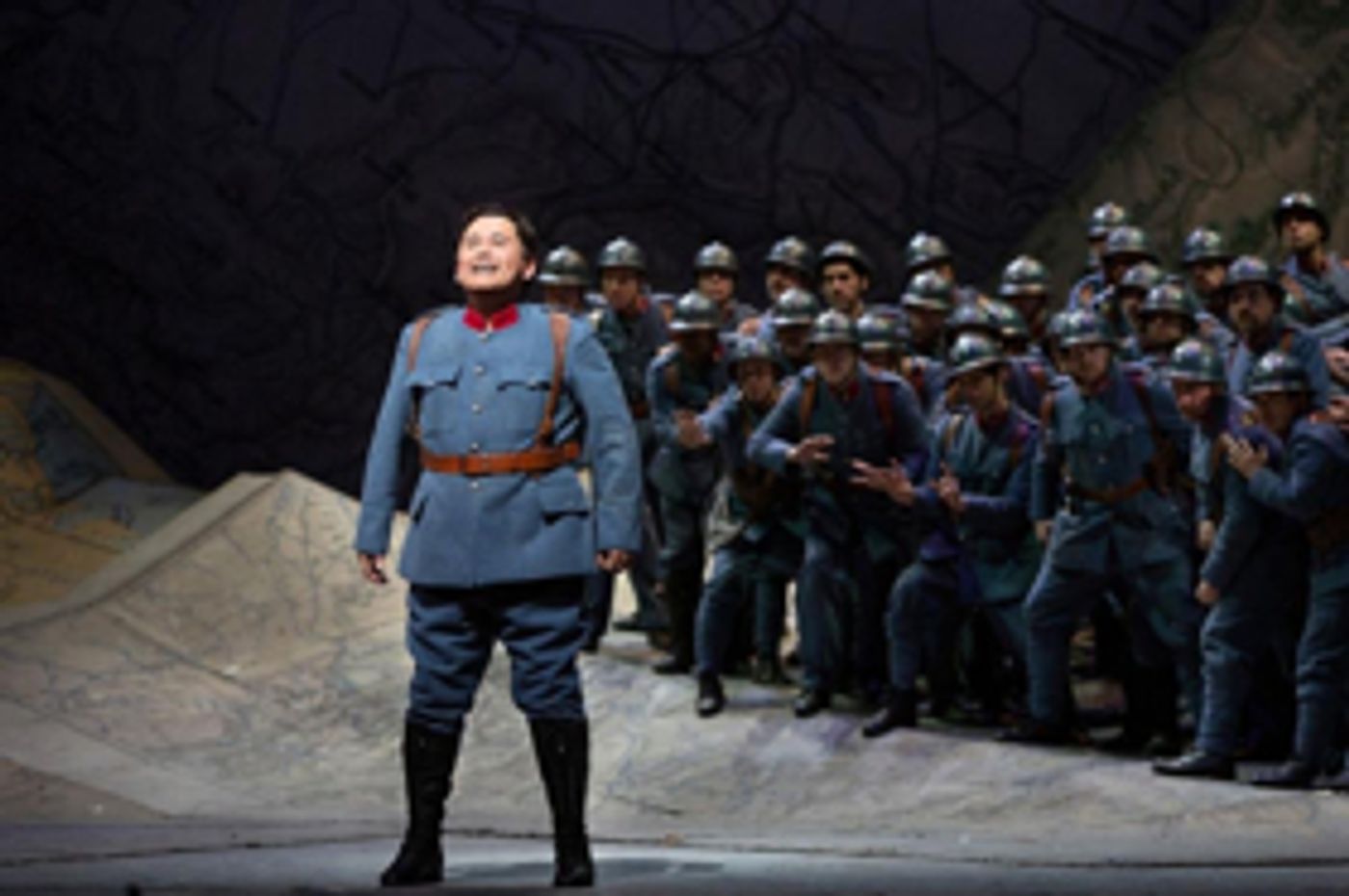
Photo: Marty Sohl/The Met
FILLE. Among its regular repertoire, there was plenty to be savored at the Met in 2019. I think my vote for favorite goes to Donizetti's LA FILLE DU REGIMENT, thanks to the duo of soprano Pretty Yende and tenor Javier Camarena. What a joy they were in Laurent Pelly's amusing production! And Camarena showed he's another King of the High C's--as well as being an all-around charming performer--with his encore of "Ah, mes amis!"
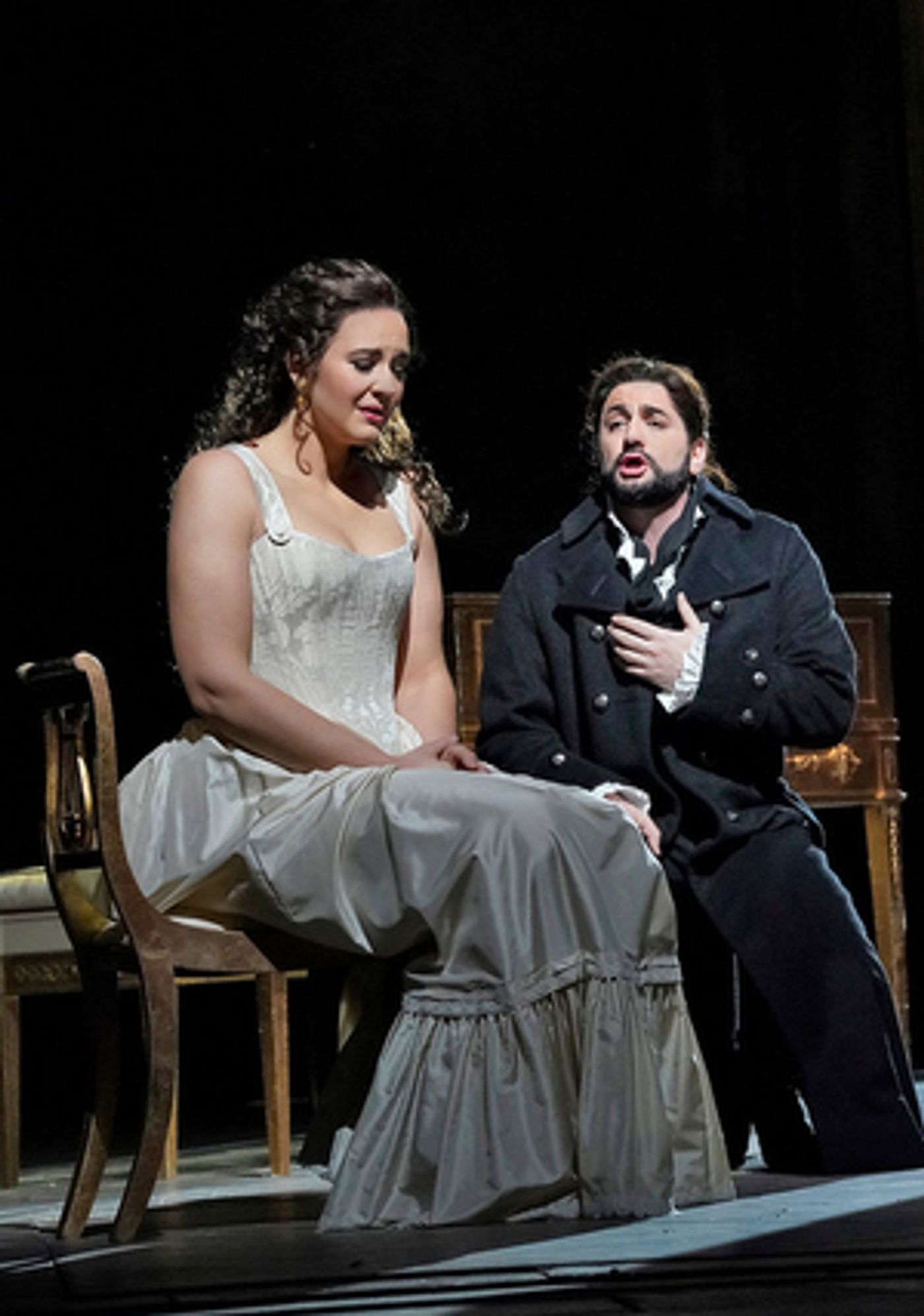
Photo: Ken Howard / Met Opera
QUEEN. At the end of the year, the Met brought back its wonderful production of Tchaikovsky's QUEEN OF SPADES, with the lusty tenor Yusif Eyvazov as the inveterate gambler. But the big news was the debut of soprano Lise Davidsen who made it "one of those nights" that people will talk about for a long time. She was a breath of fresh air--a full-bodied, bracing voice and an elegant stage presence--at a time when star-power is in short supply in the opera world.
MANON. Another soprano "discovery"--though she's been in more than 100 performances of one type or another at the Met--was Lisette Oropesa.
She started off sweetly as the 16-year-old title character in MANON, but showed she's more than just a songbird. Her voice has real heft. She showed off the many sides of her art at the gala of the Richard Tucker Foundation at Carnegie Hall, where she was the winner of the main prize this year. (Her shimmering "Qui la voce" from PURITANI helped to show why.)
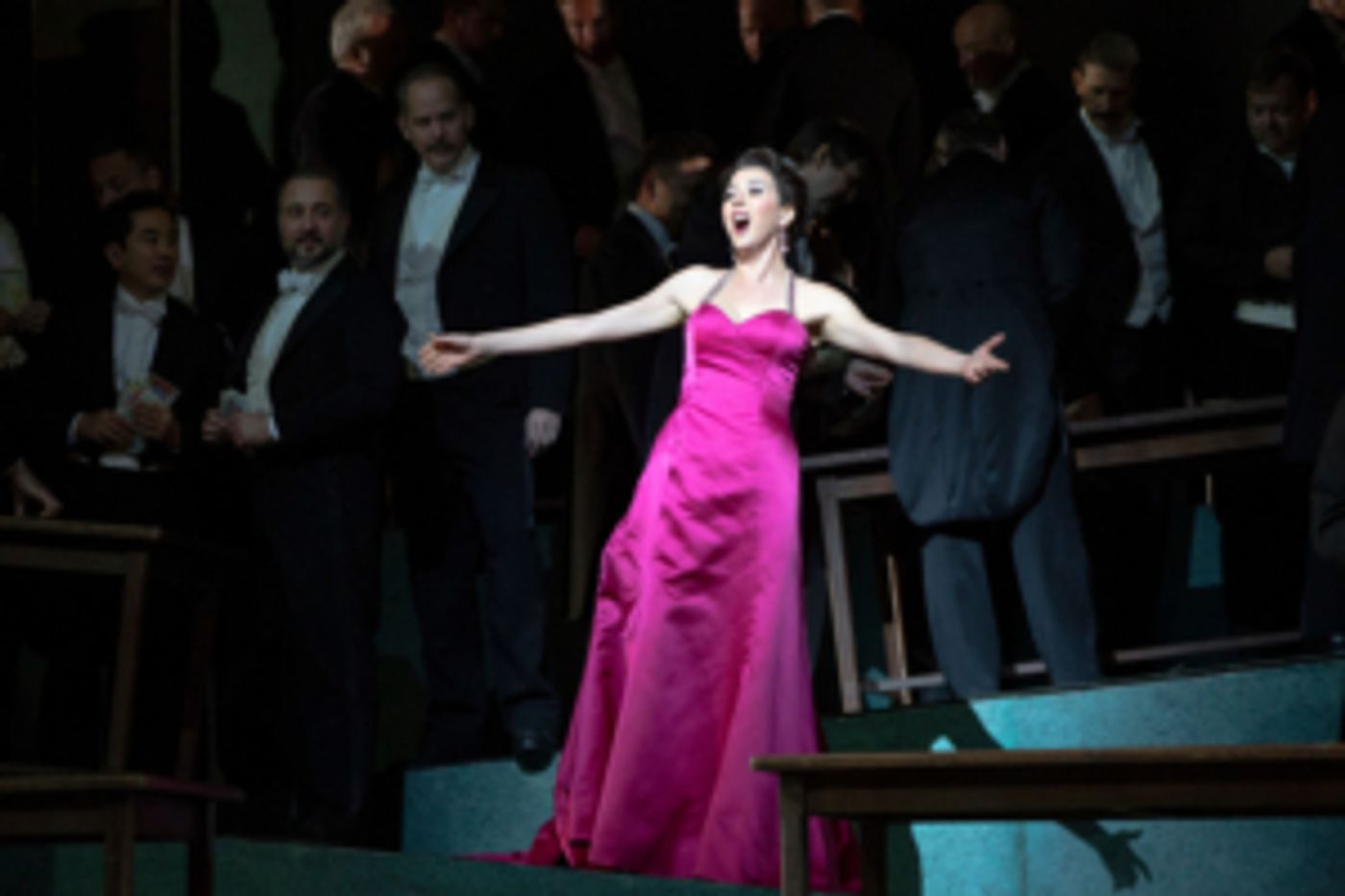
When MANON's librettists Meilhac and Gille say "no voice could be sweeter...no face more enchanting," they could have had Oropesa as their model.
AKHNATEN. It's taken 35 years for Philip Glass's AKHNATEN to the Met--now, at least, thanks to star countertenor Anthony Roth Costanzo--but the wait was worth it. It's a fascinating work constructed as a series of unconnected scenes, with a mesmerizing score that is repetitive without being boring in the least. Costanzo blazed his way through the score and the rest of the cast (including J'Nai Bridges), chorus and orchestra under Karen Kamensek, met the transportive score's multiple challenges head on and triumphed, leaving me enraptured.
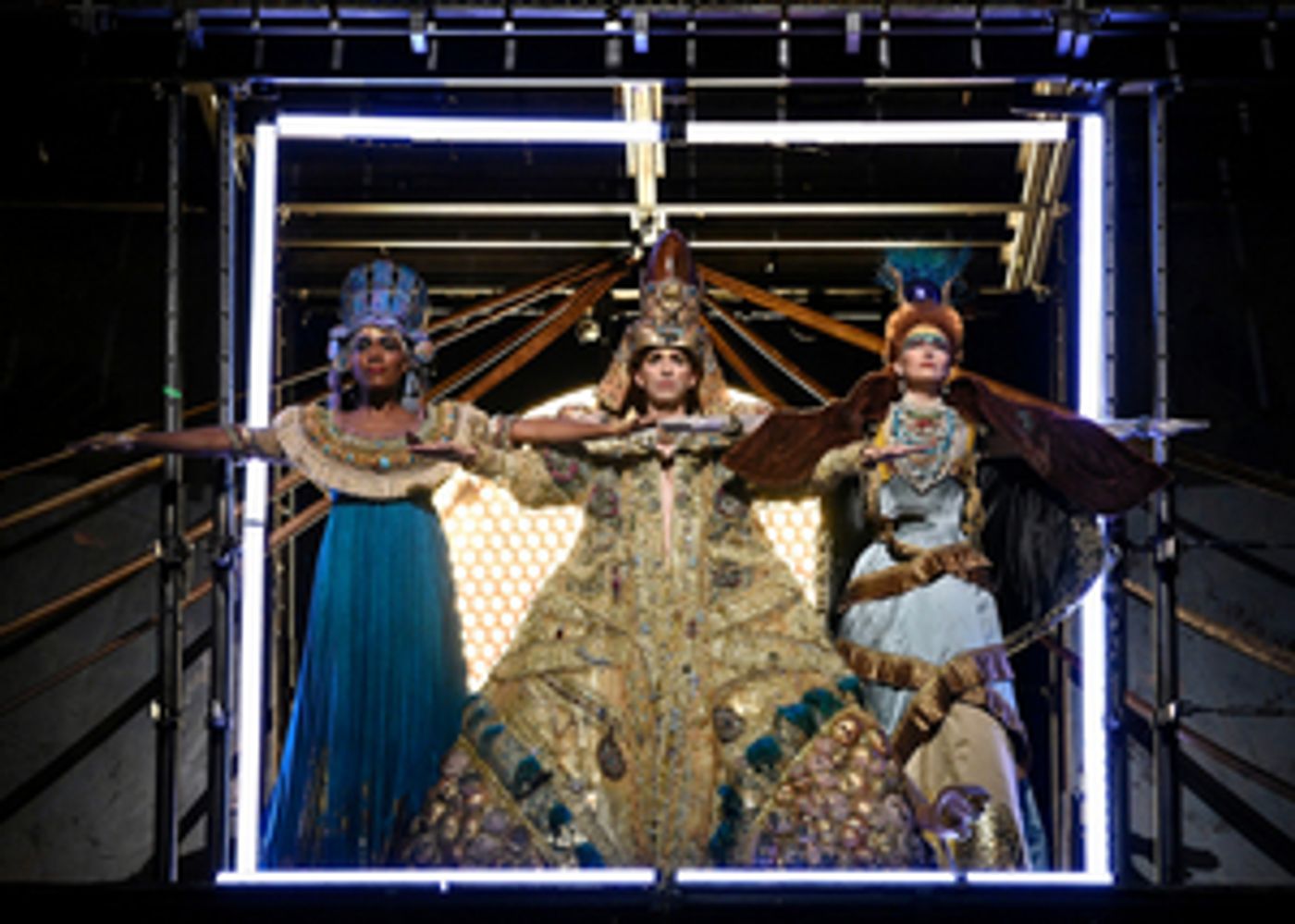
Disella Larusdottir. Photo: Karen Almond/Met Opera
FALSTAFF. The Met's updated version of Verdi's FALSTAFF, again with Ambrogio Maestro as the lead, was a hoot-and-a-half. It's hard to believe that this opera has been such a hard sell in modern times, because there's more laughs, terrific singing and lessons learned than in many more popular works. How did the opera come together with Verdi? You needed to stop at the Morgan Library on Madison Avenue, where its recent exhibition showed how the Ricordi publishing house wooed Verdi out of retirement to do FALSTAFF and perhaps the composer's masterwork, OTELLO.
One of the reasons for Verdi's first thoughts of retirement, after AIDA and DON CARLO, was the rise of Richard Wagner and fears he'd be seen as old-fashioned. Obviously, he had nothing to worry about.
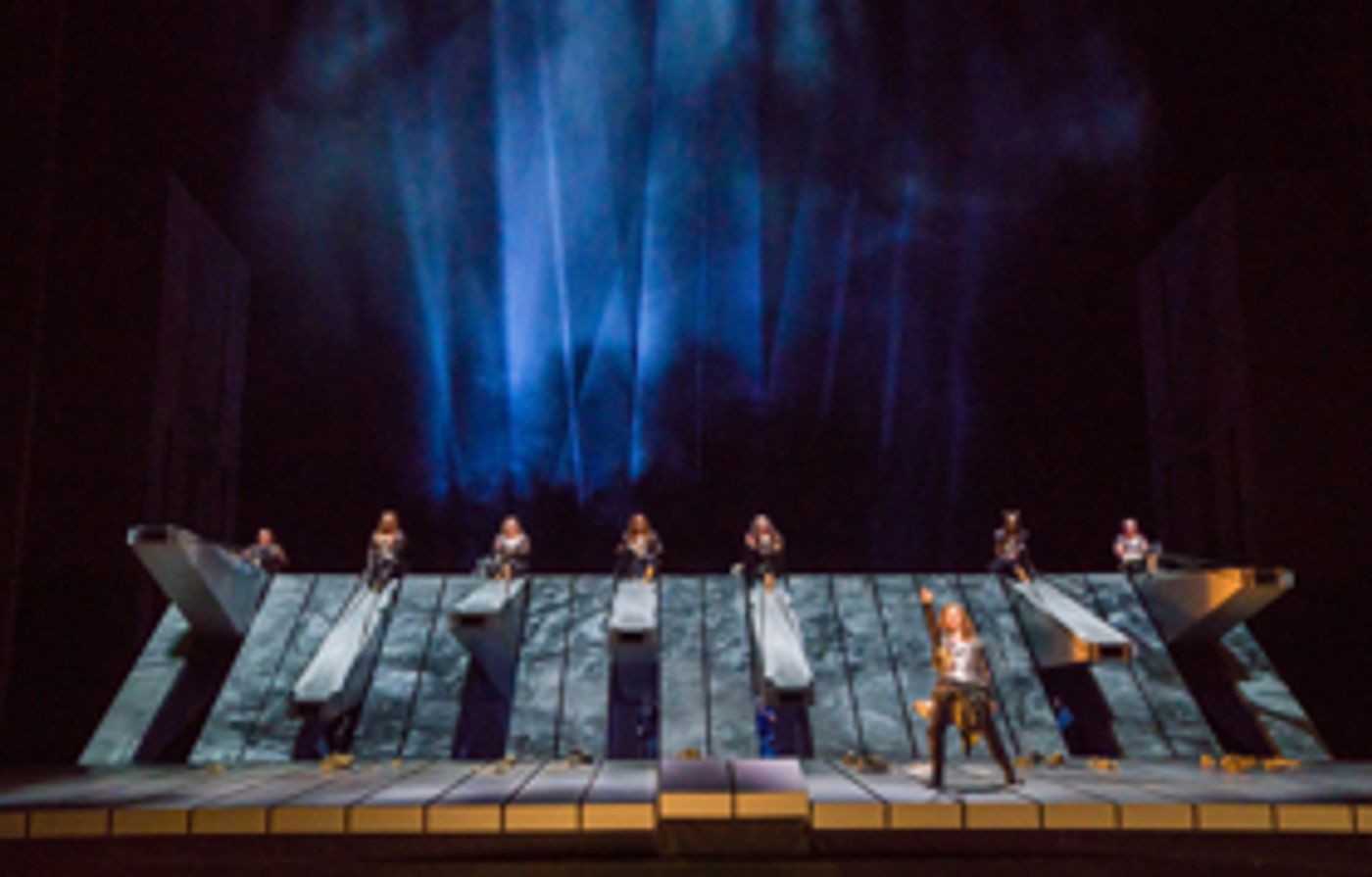
Richard Termine/Met Opera
THE RING. But the Met brought back its troubled Ring Cycle for a few more go-arounds this year and showed there was some life in it yet, even if some of the most striking effects were accomplished with body doubles and the scenery got stuck (as usual). There was, however, no need for a "singing" double for Jamie Barton as powerful Fricka, or, more recently in the pants role, and highlight, of ORFEO ED EURYDICE. (At the Tucker Gala, she blew the roof off with "O don fatale" from Verdi's DON CARLO, too.)
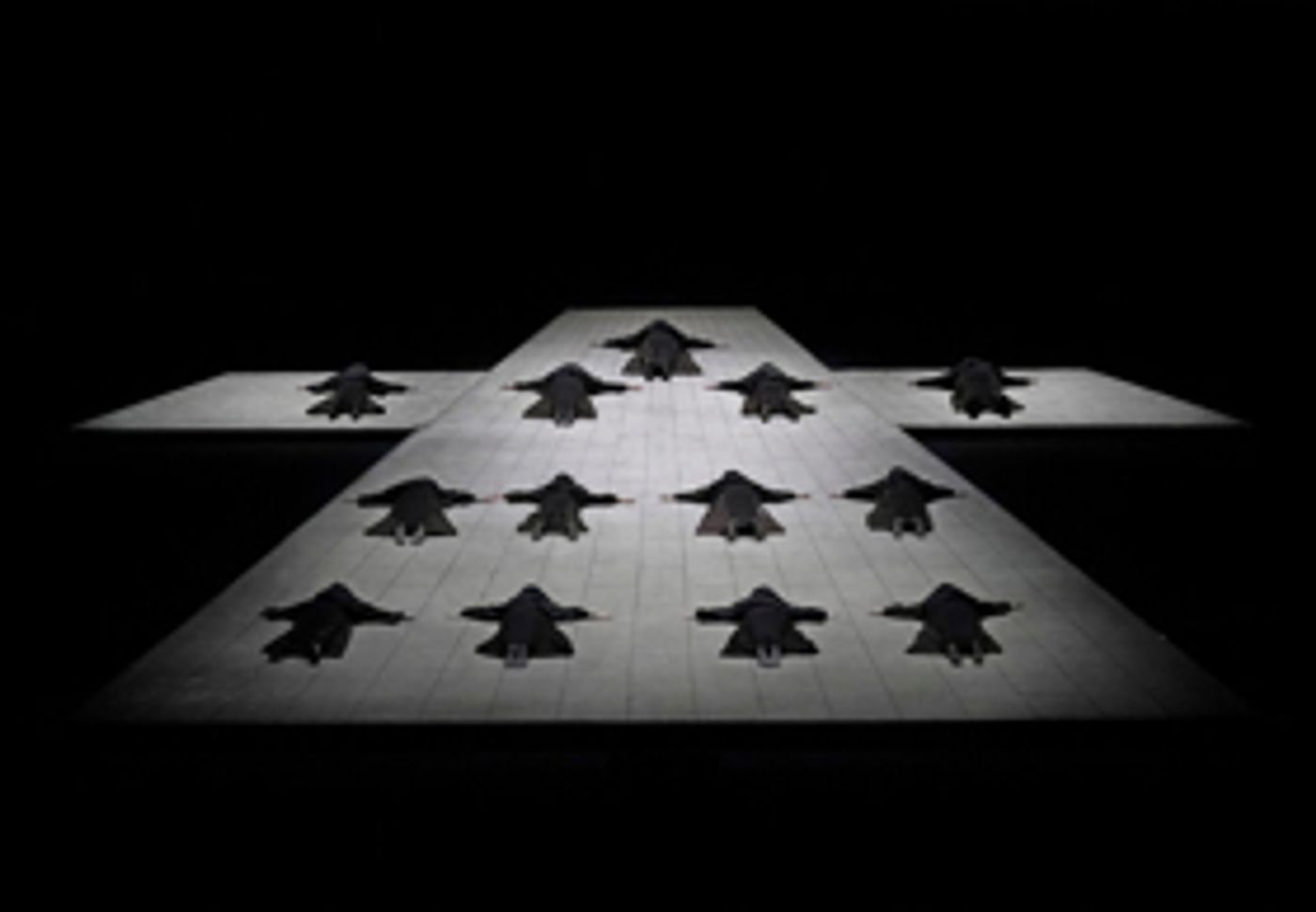
Photo: Ken Howard/Met Opera
CARMELITES. Thank heavens the Met hasn't scrapped its 40-year-old John Dexter production of Poulenc's LES DIALOGUES DES CARMELITES, because it holds up better than anyone might have had reason to expect. The drama is intense and even when the main role seemed less than ideally cast, the rest of the singers were magnificent--and the simple set is a wonder.
ROSENKAVALIER. While this is definitely not my favorite opera by Strauss, despite the gorgeous trio near the end, the slightly different take by director Robert Carsen made it work for me--particularly with Simon Rattle on the podium and a stellar cast.
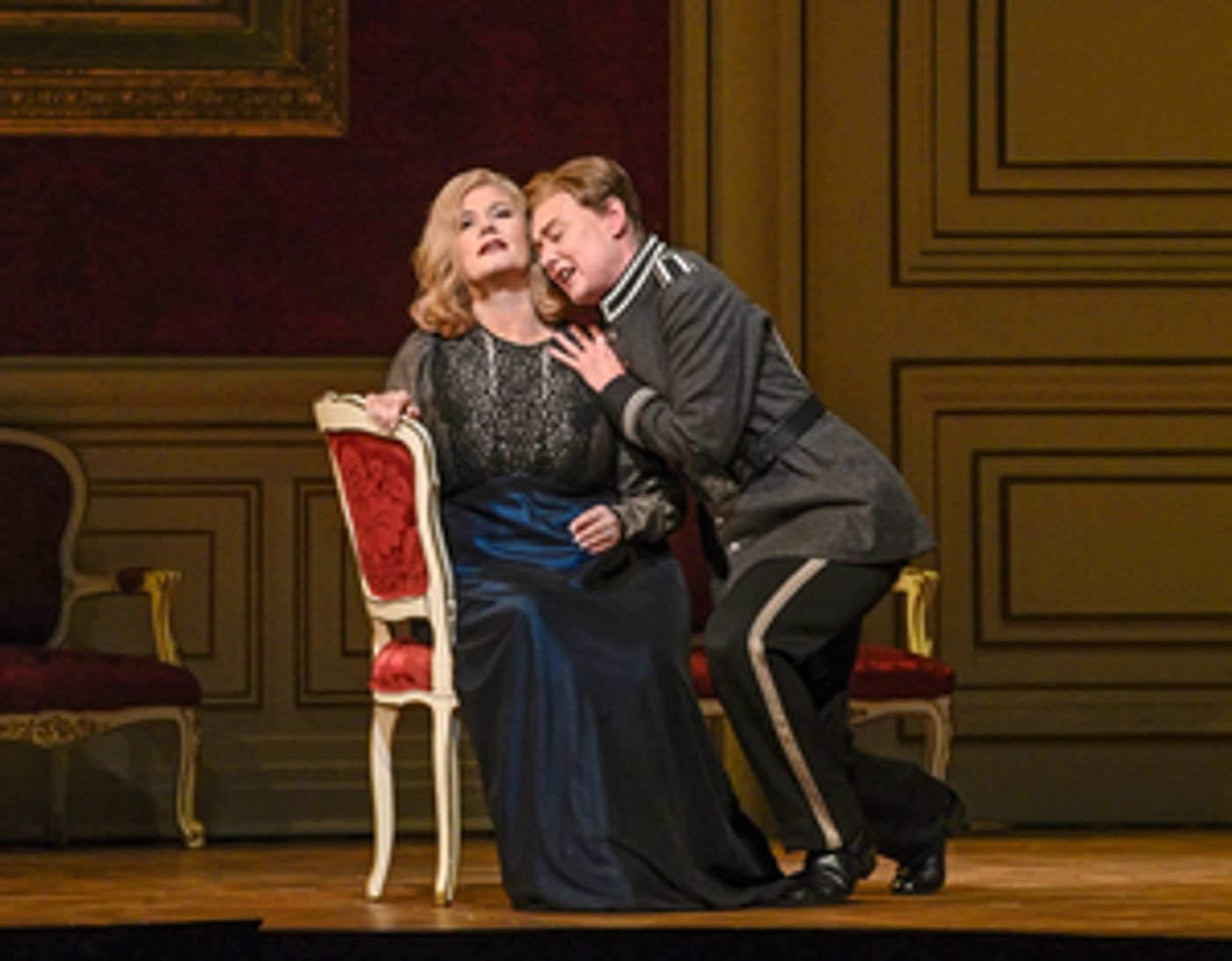
Karen Almond/Met Opera
Camilla Nylund (Marshallin), Magdalena Kozena (Octavian) and Golda Schultz (Sophie, earlier a fine Nanetta in FALSTAFF) made a perfect trio, but it was the Baron Ochs of Gunther Groissbock who was the icing on the cake.
AUDITIONS CONCERT. One last note about the Met: The National Council Auditions Concert remains a stunning view of the future of opera, as least as singers go. It's always miraculous to find some singer or other at the start of what could possibly be a big career. Past winners have included Renee Fleming, Susan Graham, Eric Owens, Stephanie Blythe, Lawrence Brownlee, Lisette Oropesa, Christian Van Horn, Jamie Barton, Anthony Roth Costanzo, and Nadine Sierra.
I heard the Carnegie/Weill Recital Hall debut of one of 2016's winners, countertenor Jakub Josef Orlinski, and he was impeccable, with a unique sound with more body than many of his ilk, starting and ending his program with Vivaldi: The "Stabat Mater in F" on one end and the gorgeous "Vedrò con mio diletto" on the other.
And Now for Something Completely Different...
If I gave the impression that there's nothing contemporary being done in New York, it was an exaggeration. There are, of course, some new operas getting done here.
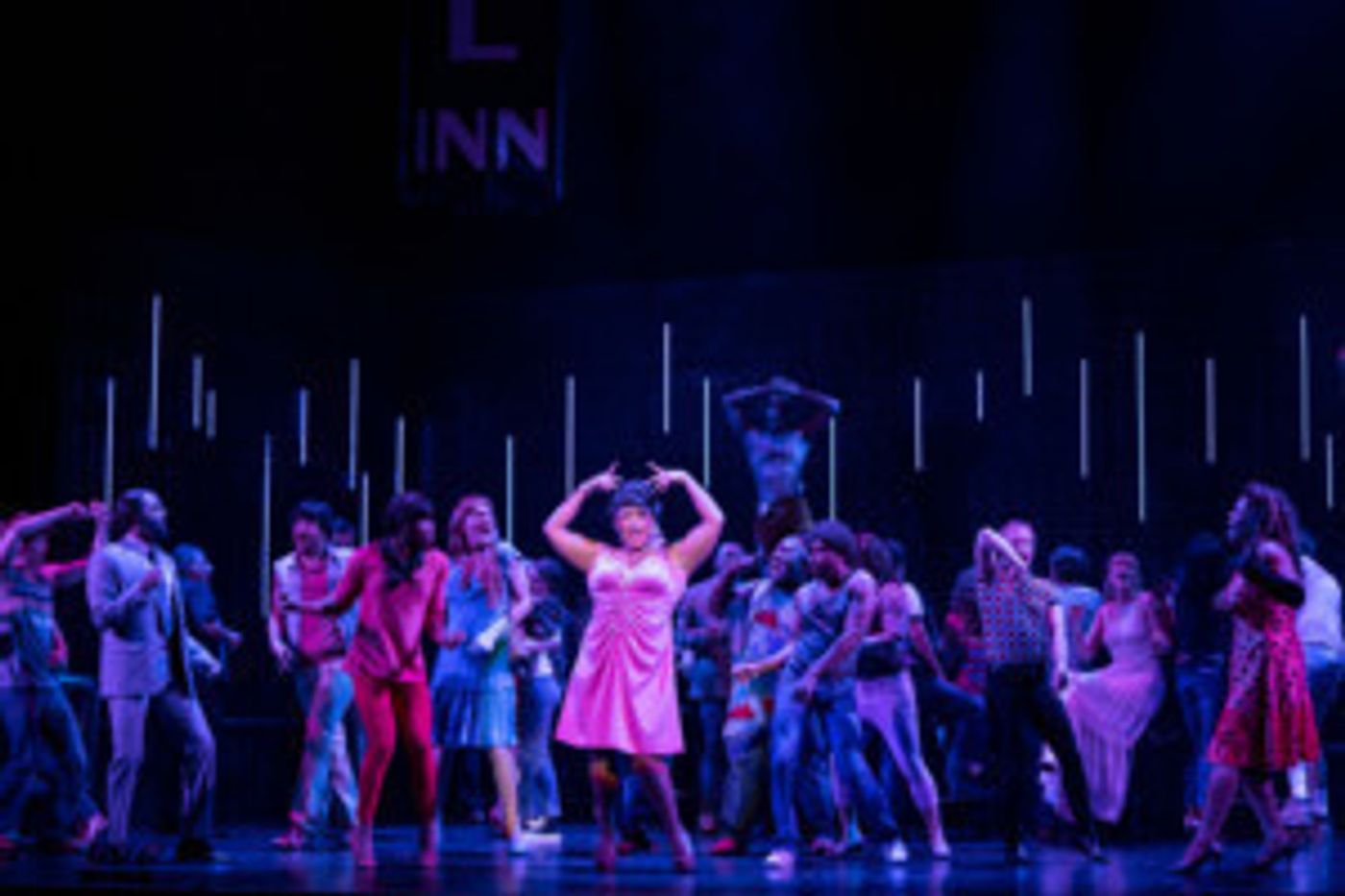
STONEWALL. STONEWALL by Iain Bell and Mark Campbell, which may or may not have been the swan song for City Opera, is a kaleidoscope of gay life as it existed in 1969--not just about sex but police corruption, Mafia bosses thrown in for good measure, and much more.
The pithy, far-reaching score created by Bell, who is expert at writing for the voice and differentiating one from another, matches stroke for stroke the broad range of characters written by Campbell. Bell's music goes from pastiche of period jukebox songs (including Motown's Darlene Love on tape) to the cacophony of the riots that formed the center of the opera to the exquisite choral music at the end the evening.
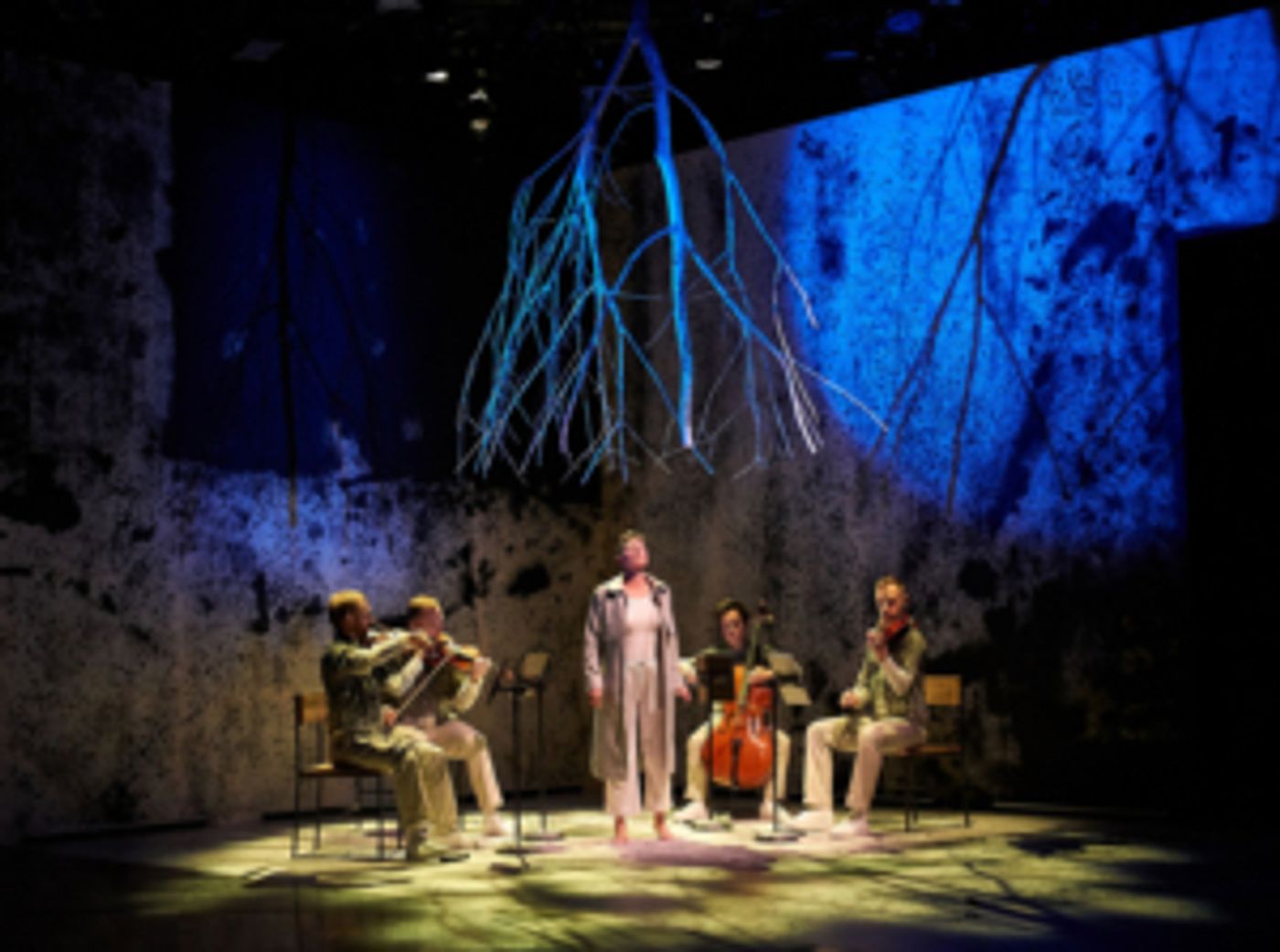
Quartet. Photo: Rob Davidson
DESIRE. Up at Columbia University's Miller Theatre, Hannah Lash's DESIRE made a fiery impression, with the JACK Quartet playing her powerful score. Told from a distinctly feminist point of view, it recounts a kind of tug-of-war between two men for control of a (female) artist's creative process. Both say, "I am hers, she is mine," to prove she is their equal, but we have the feeling that it is the latter part of the statement that is the truer one. Short and to the point, it was a stunner.
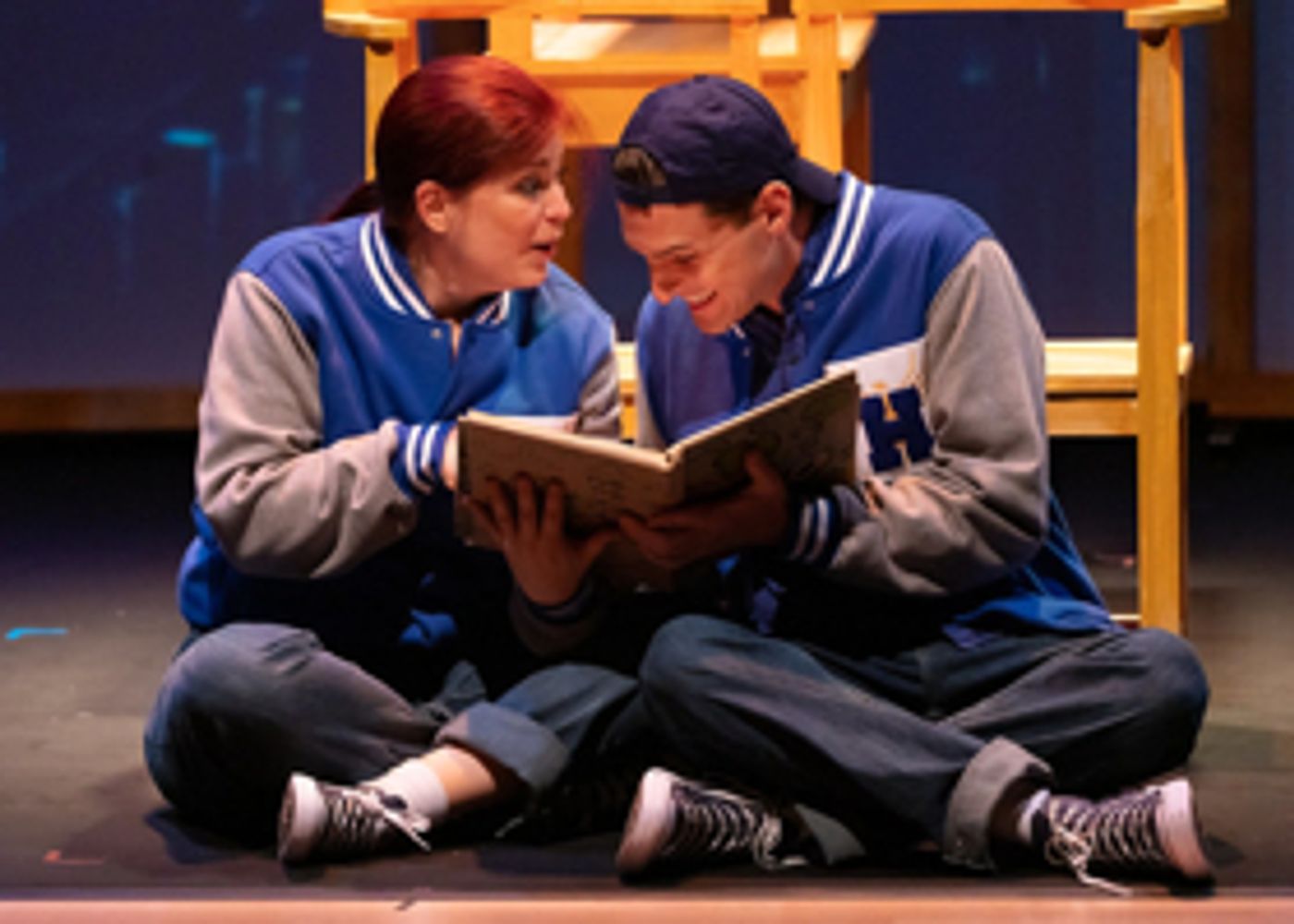
as Hannah Before. Photo: Steven Pisano
AS ONE. While not exactly new, AS ONE, the journey of a transgender character by Laura Kaminsky, Kim Reed and Mark Campbell was also presented by City Opera. The chamber opera hasn't been seen in New York since its premiere at BAM in 2014, though there have been over 25 productions around the country in the last 5 years, making it one of the most popular American operas. Kaminsky's score--for mezzo, baritone and string quartet--is brilliant from the first notes of the overture, while the librettists based their work on Reed's life and tell the story of Hannah Before and Hannah After purely, succinctly and elegantly. Filmmaker Reed's footage and Steven Osgood's music direction helped bring the work to life, even if the Kaufmann Center wasn't the ideal space for it.
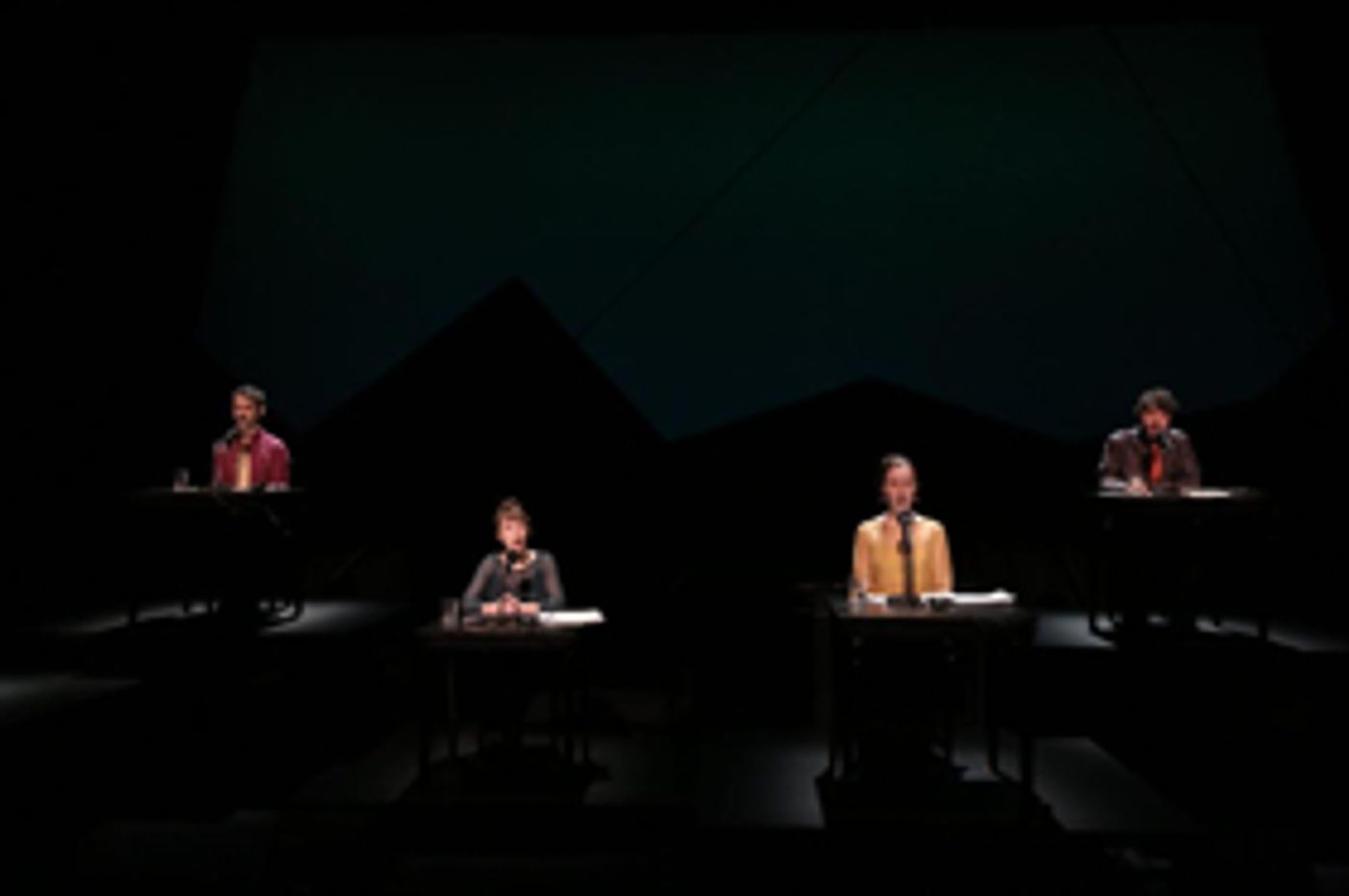
Brian McCorkle. Photo: Al Foote III
IMPROVEMENT. Even older but not often performed here (though well respected) is Robert Ashley's IMPROVEMENT (DON LEAVES LINDA). "I hate the word 'opera'," he told the New York Times in 1983 (it was quoted in his 2014 obituary). "I loathe and despise it because for us in the West it has only one, limited meaning." This, of course, was long before the annual Prototype Festival or the outpouring of works in the 21st century that Mozart or Handel, Verdi or Strauss would have been loath to compare with the genres they worked at.
IMPROVEMENT originally was meant to be a recording and not a staged performance but it worked well nontheless. Of course, it still uses Ashley's musical language; you'll find no traditional arias and not much plot, but as the Times obit said, there is "spoken dialogue, chanting and even mumbling" along with some music that, yes, sometimes edges on melody.
It may not be like anything you've heard (or seen, in the simple, yet effective stage and lighting design by David Moodey) before but it's utterly fascinating--with a wonderful cast of musician-composers-singers, and the composer himself as narrator, that verge on a Greek chorus in an unconventional staging that I found spellbinding.
FREISCHUTZ. Finally, here's a really old one that somehow managed to feel new: Carl Maria von Weber's DIE FREISCHUTZ. While I'm not usually a big fan of reconfigured versions of major operas, I was willing to take a chance with Heartbeat Opera's take on this one for a couple of reasons. First, it's highly unlikely that the Met will take on the complete opera at any time in the future (or, at least, my future). Second, and perhaps just as important, Heartbeat did such an interesting (though flawed) job on updating and condensing Beethoven's FIDELIO that I thought they might have something unusual to add to what might be an evening of German hoch schmerz.
As it turned out, I was right. In their rootin' tootin' version by Louise Proske (who also co-directed with Chloe Treat) it resets the piece from 16th century Bohemia to contemporary Texas, including some scary bits that translated very easily over those centuries. (The original text was by Friedrich Kind.) At Heartbeat, the dialogue was performed in English, while the arias and set pieces were in the original German.
The result: The chance to hear a score that features some great music very much worth catching up with, in a eerie production that kept my head swiveling like Linda Blair in "The Exorcist," and a few laughs thrown in for good measure. Though I may not be convinced that the slangy updating of the libretto (by Proske and Michael Attias) added very much to the experience, the mystical elements of the story worked perfectly well.
Living Music from the Land of the Dead
There's nothing like hearing music in an intimate setting. Even smaller than Zankel or Weill Halls at Carnegie. There's the tiny Rosemary and Meredith Willson black box theatre at Juilliard, almost impossible to get into, where I heard AGRIPPINA for the first time (with Samantha Hankey, rising at the Met now), but there are even more unusual spaces around the city.
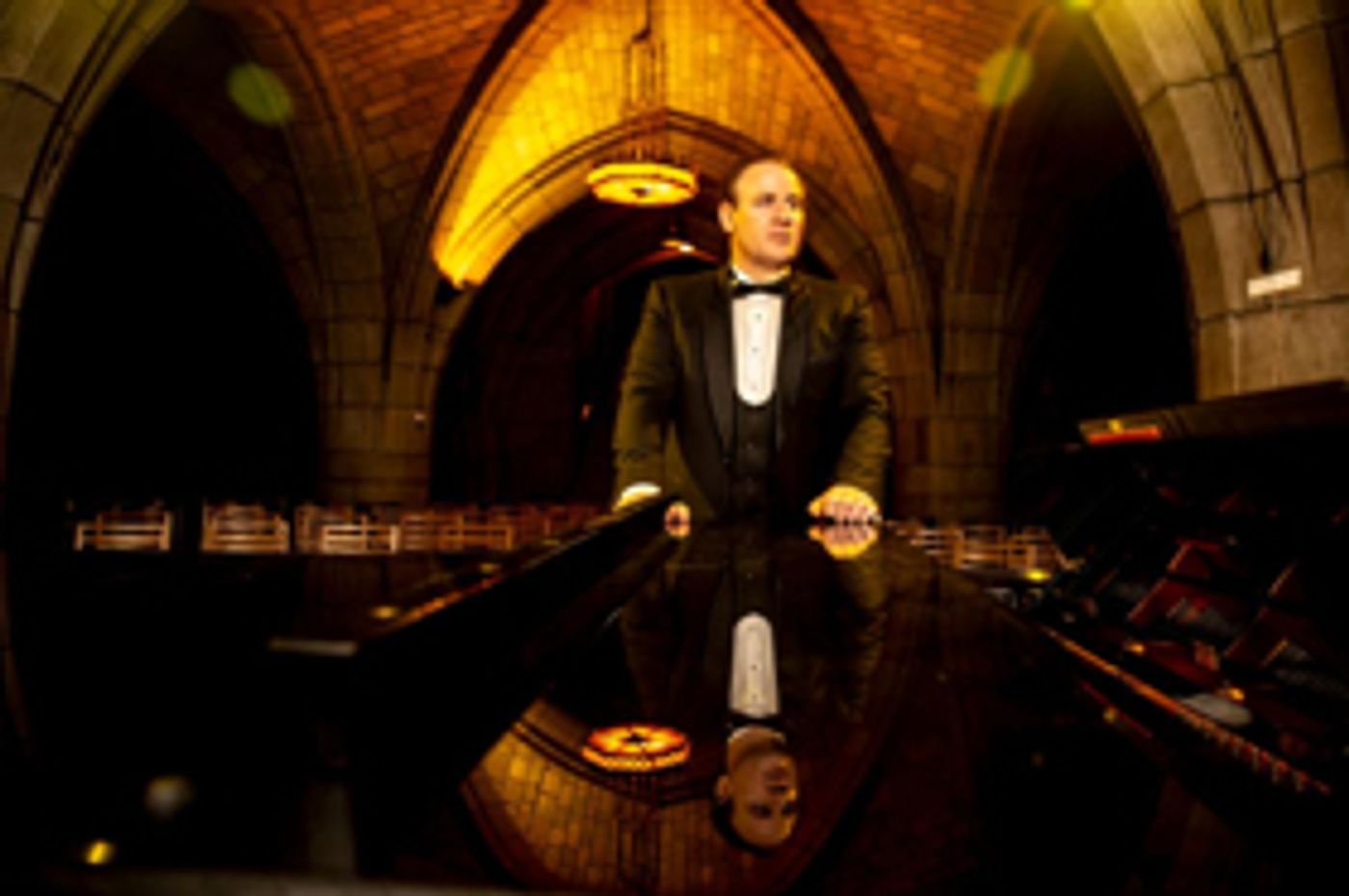
For instance, there are the two venues that Andrew Ousley has developed for concert/opera series. The crypt of the Church of the Intercession in upper Manhattan--where baritone Lucas Meachem did Mahler's "Kindertotenlieder" last year (he was also a highlight of the Tucker Gala, even though he hasn't won one yet)--hosts a series called The Crypt Sessions, while the catacombs of Green-Wood Cemetery has a series called The Angel's Share, where I heard excerpts from a new Frankenstein opera by Gregg Kallor along with his eerie treatment of Edgard Alan Poe's TELL-TALE HEART, with the marvelous mezzo Jennifer Johnson Cano.
Looking back, I think the season had more delights than I remembered. And, still, I didn't hear everything I wanted. Oh well. Onward and upward.
Videos

